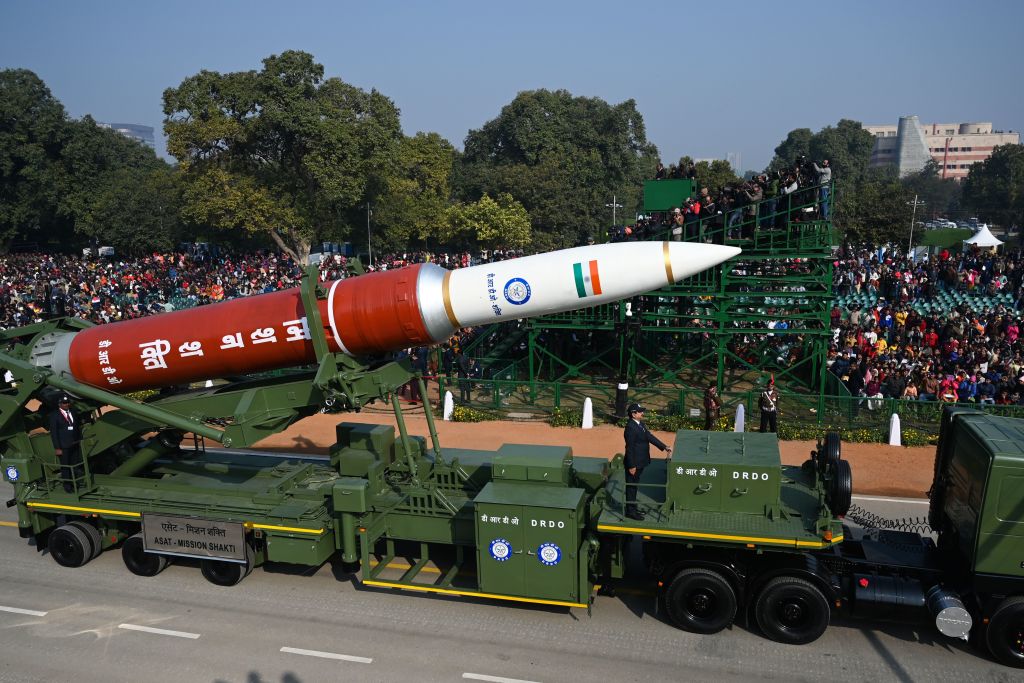THE ASSOCIATED PRESS
The administration of U.S. President Joe Biden says it is barring anti-satellite missile testing by the United States, a move that White House officials say underscores its hopes of establishing new norms for military action in space.
The U.S. has sharply criticized the People’s Republic of China (PRC) and Russia for conducting anti-satellite missile tests. The issue has taken on greater urgency after Russia in November 2021 launched a missile to destroy a defunct Soviet-era satellite.
U.S. Vice President Kamala Harris, in a speech at Vandenberg Space Force Base on the central coast of California, criticized the Russian action as “reckless” and “irresponsible.”
The strike created more than 1,500 pieces of space debris that increased risk to U.S. and Russian astronauts aboard the International Space Station and China’s Tiangong space station, according to U.S. Space Command. “Simply put, these tests are dangerous,” Harris said. “And we will not conduct them.”
The Russian test occurred as it was massing troops ahead of its latest invasion of Ukraine. The war has left thousands dead and has caused the U.S. and its allies to hit Russia with massive economic sanctions.
A similar weapons test by China in 2007 also resulted in widespread debris.
Harris stressed that the debris created by the missile tests threatens not only astronauts and U.S. military interests but also could affect commercial satellites that the world relies on for weather forecasts, GPS systems, television broadcasts and critical infrastructure.
“A piece of space debris the size of a basketball, which travels at thousands of miles per hour, would destroy a satellite. Even a piece of debris as small as a grain of sand could cause serious damage,” Harris said.
The announcement of the anti-satellite missile testing ban comes months after Harris announced in December 2021 that White House National Security Council officials would work with the Pentagon, State Department and other U.S. agencies to develop proposals for national security space norms.
The U.S. is the first country to announce such a ban. Harris said she hoped other nations would quickly follow. The direct-ascent weapon that the Biden administration will prohibit relies on interceptor missiles that travel from the Earth’s surface to strike a satellite target hundreds of miles into space.
Since the 1960s, the United States, India, the PRC and Russia have conducted more than a dozen anti-satellite tests in space that destroyed satellites and created more than 6,300 pieces of orbital debris, according to the Secure World Foundation, a nongovernmental group that advocates for sustainable and peaceful uses of outer space.
At least 4,300 pieces of that debris remain orbit and pose long-term threats to human spaceflight, science and national security missions, and the future economic development of space, according to the foundation.
Anti-satellite missile tests by the U.S. in 2008, as well as one by India in 2019, targeted satellites at much lower altitudes, well below the space station at about 420 kilometers. (Pictured: Huge crowds gather in New Delhi India in January 2020 for a Republic Day parade featuring the presentation of an anti-satellite weapon.)
IMAGE CREDIT: AFP/GETTY IMAGES

